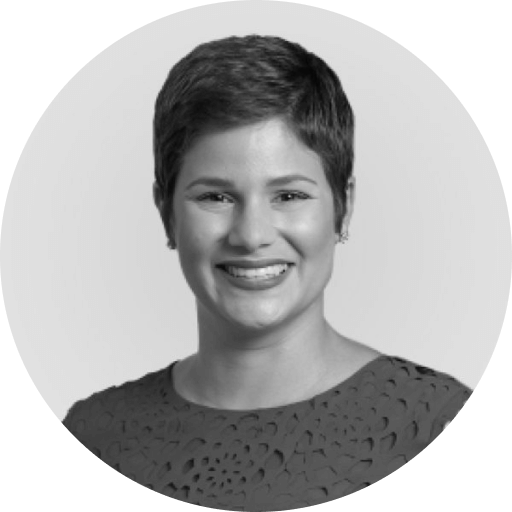Mónica Feliú-Mójer
Working to make accurate and culturally relevant scientific information accessible for Spanish-speaking communities.

Mónica Feliú-Mójer grew up in rural Puerto Rico, and began her career as a researcher at the University of Puerto Rico and Harvard University. Today, she works to make science more equitable and inclusive. She serves as the director of communications and science outreach for Ciencia Puerto Rico, a nonprofit that leverages the largest network of Puerto Rican scientists and science enthusiasts in the world to create social impact through science communication and education, and to support the career development of young science leaders from marginalized backgrounds.
Feliú-Mójer has worked across a wide range of media to promote more inclusive science communication—publishing a book, producing short films, and training scientists in culturally relevant communication. She also serves as director of diversity and communication training for iBiology at the Science Communication Lab, a nonprofit producing free online videos to convey the excitement of modern biology and the process by which scientific discoveries are made.
During the COVID-19 pandemic, Feliú-Mójer has led Ciencia Puerto Rico’s efforts to address the severe shortage of accurate and culturally relevant information about COVID-19 for Spanish speakers, coordinating Puerto Rican scientists and public-health experts to publish op-eds, science articles, and radio, TV, podcast, and press interviews.
As an Emerson Collective Fellow, Feliú-Mójer is developing a collection of multimedia Spanish-language resources containing information Puerto Ricans can use to keep themselves and their families safe during the COVID-19 pandemic. Working in collaboration with community-based organizations, journalists, and scientists, Feliú-Mójer will work to ensure that the content of the collection is culturally relevant, scientifically sound, and centered on the needs and interests of diverse audiences in Puerto Rico. Ultimately, the project will serve as a model for how to engage other marginalized and hardly reached communities — especially Spanish speakers — with science.